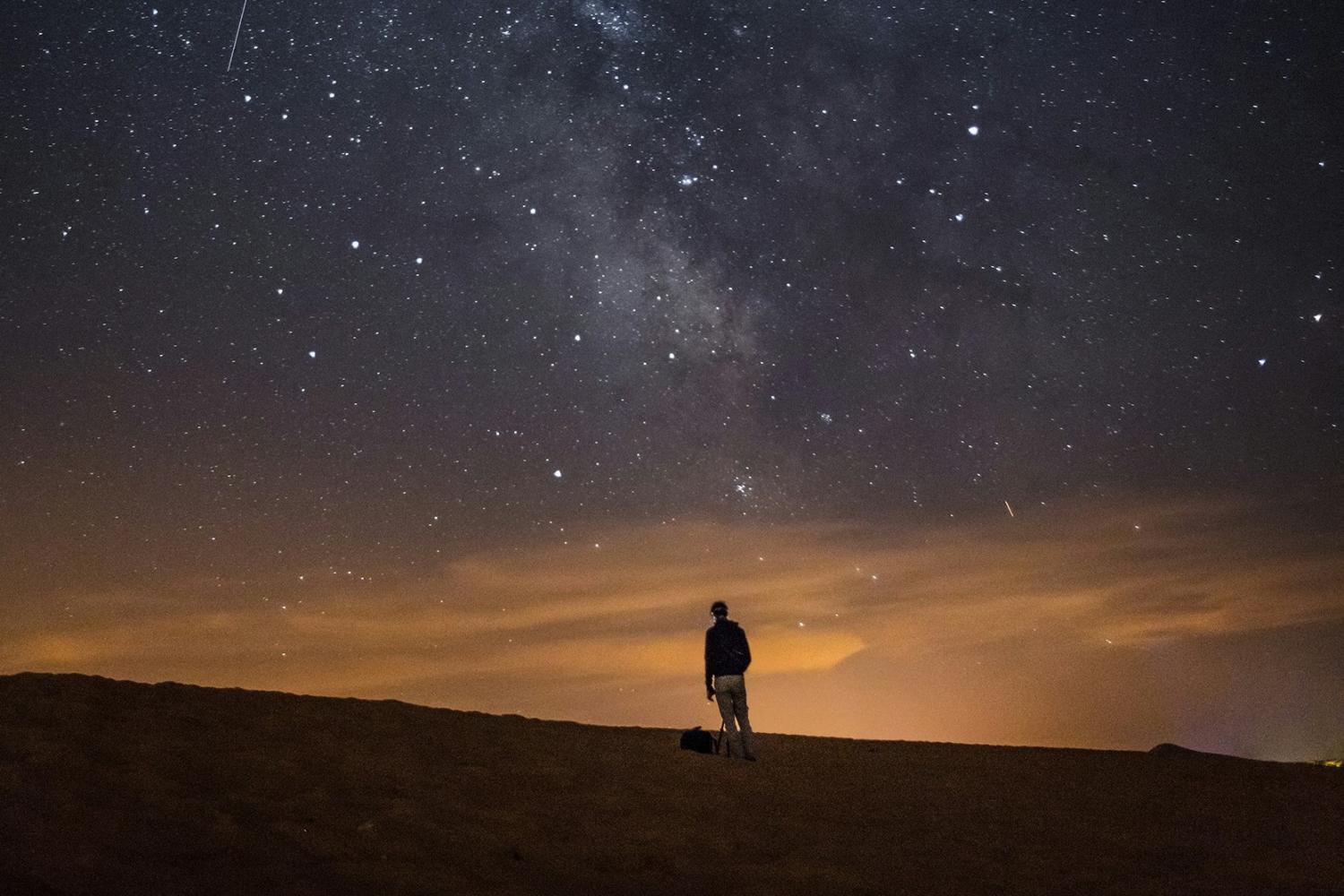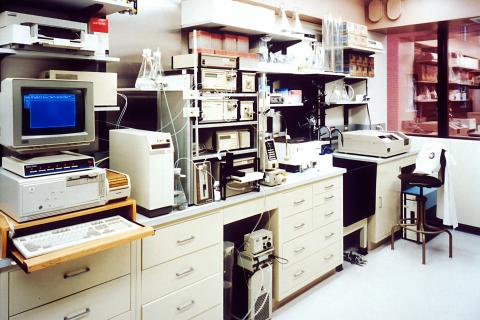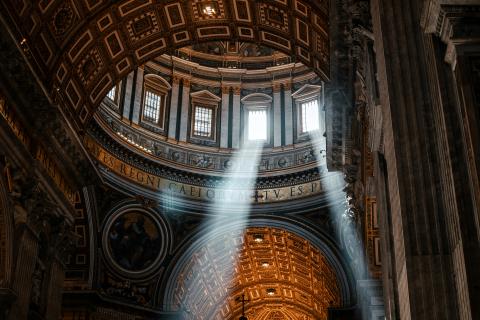
The issue of “reproductive rights,” while perpetually fraught, has been an especially heated one around the globe in recent weeks, with the Trump ticket caught in a fairly vague position as to whether it sympathizes with conservative or liberal views on the topic, and Italy having just passed a law that bans its citizens from seeking surrogacy abroad.
It's a big, sprawling topic, the discourse around it tending to be governed by a few key ideas, all of which are quick to spark fiery disagreement: the meaning and scope of ideals like freedom, individuality, dignity, autonomy, and rights themselves. These are large and lofty themes in their own right, and yet it’s also worth noticing that even they are mostly symptomatic of an even more fundamental question that’s being weighed on the underside of them.
In this case, that more fundamental question tends to be an anthropological one – what we think about the nature of human life itself, and whether we can speak intelligibly about the existence of a “human nature.” For if one’s view of the world is that there isn’t such a thing, and it’s up to all of us to simply decide how we’re going to live and arrange ourselves and our families, then there’s a certain amount of logic to supporting the causes of IVF, surrogacy, abortion, and so on. Indeed, it’s also easy to see why those who support such causes would do so with such ease: my decisions rule and create my life and sense of self, and so babies ought to be part of that according to my judgments about where and when they best fit in.
Christians, of course, hold a different view, one which sits on the opposite end of the spectrum to this dictate of self-creation. They maintain that we are creatures, given a certain design and end by a Creator. As such, our lives are not ours to do whatever we want with – and not just because our Creator is a cruel, strict overseer. Rather, our bodies and souls are ordered, created to be used in certain ways and toward certain purposes, such that to use them otherwise is to do inherent damage to them. It’s for our good that we respond to the gifts and limitations of our own creation, for the full flourishing of our whole person.
Such points are known well by a lot of Christians, of course. But it’s worth recalling that in these flashy political issues, as in so many that roll across the news headlines, these much more foundational points of debate are the ones to be insisted upon. A clear conversation about freedom and dignity can’t be had until we’ve had a clear conversation about who and what we think we are, as human beings. In our communities, our families, our friendships, then, it’s worth using the flashy headlines as a springboard for much more serious thinking about these serious, deeper questions, as they sit at the start of a ripple effect that reaches any number of the topics – having to do with human life, with “reproductive rights” – for which we rightly care so much.
In his new encyclical, Dilexit Nos, Pope Francis reflects on the human and divine love of the heart of Jesus, reflecting on everything from the writings of saints to the advent of artificial intelligence: “Living as we do in an age of superficiality, rushing frenetically from one thing to another without really knowing why, and ending up as insatiable consumers and slaves to the mechanisms of a market unconcerned about the deeper meaning of our lives, all of us need to rediscover the importance of the heart.
In Colombia, protests have arisen in over 30 cities against their government's new mandate sanctioning sex changes for minors.
In southern Mexico, a priest was shot dead after celebrating Mass last Sunday.
Across the Atlantic, the French city of Toulouse has been consecrated to the Sacred Heart ahead of the performance of a controversial opera with satanic imagery.


